The Government of Sri Lanka (GOSL) wishes to express strong displeasure on the recent assessment by Moody’s Investors Service (Moody’s) that led to the rating action, after being placed under review for downgrade three months ago in a similar fashion. Once again, Moody’s irrational rating action with regard to Sri Lanka comes a few days before a key event, namely the announcement of the Government Budget for 2022, and this apparent hastiness and the view expressed during discussions with Moody’s analysts that the nature of the Budget is irrelevant to the financing plans of the Government clearly demonstrates the lack of understanding of such analysts. It also reflects serious governance weaknesses of such agencies, where they systematically overlook the positive developments and expectations in emerging market economies, but attribute much greater weight to downside risks.







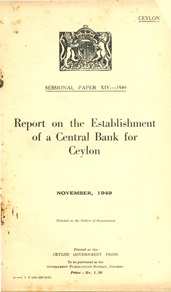
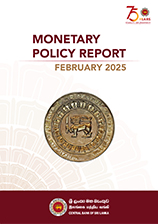
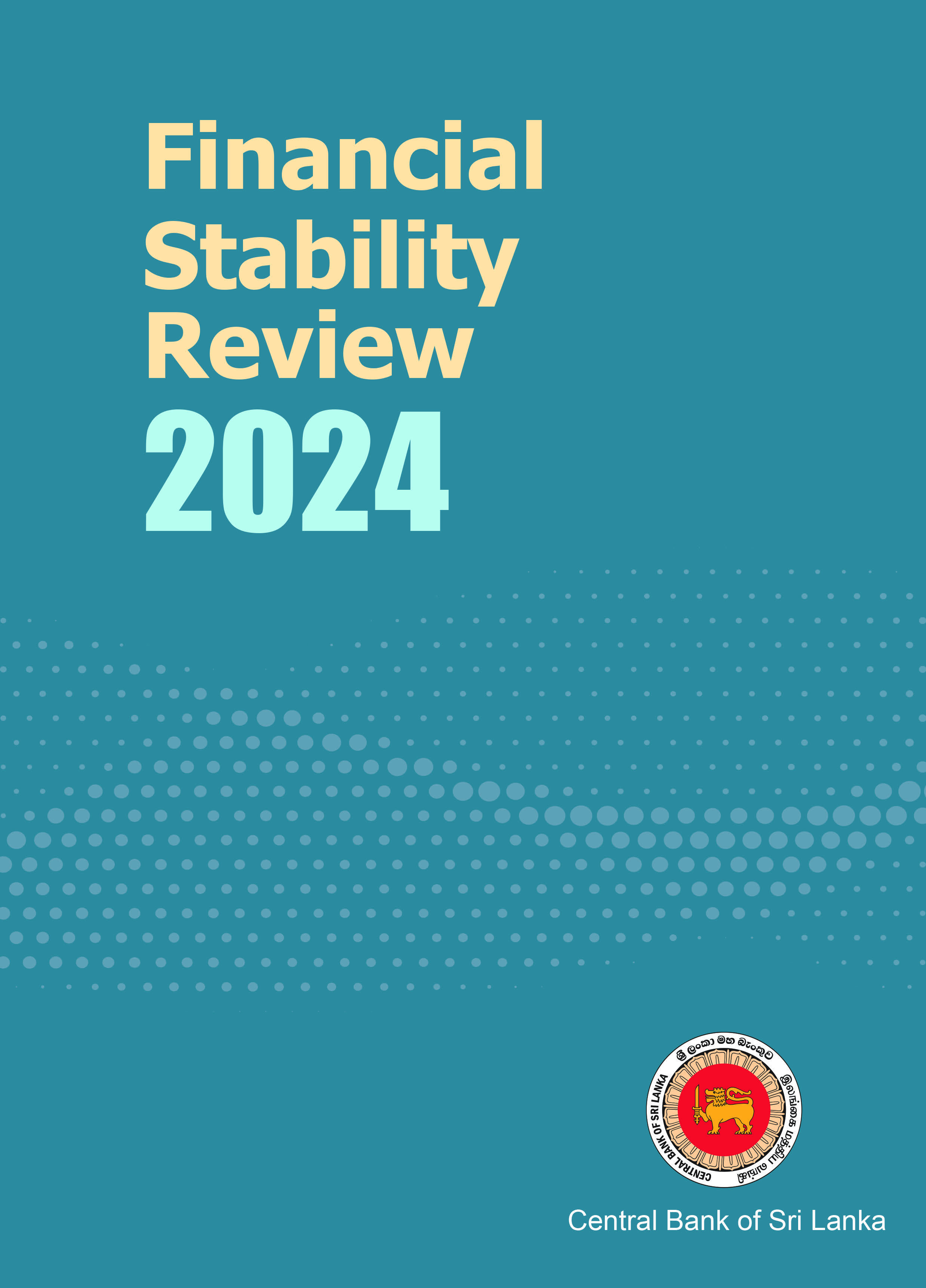
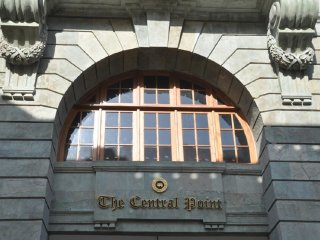

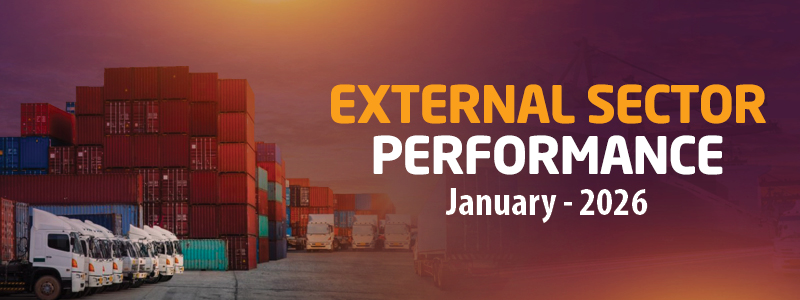
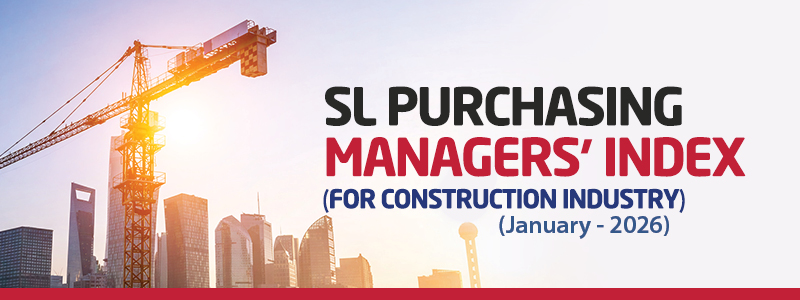



 The Governor of the CBSL, Mr. Ajith Nivard Cabraal had discussions with the Governor of QCB, His Excellency Sheikh Abdulla Bin Saoud Al-Thani, regarding CBSL and QCB collaboration to strengthen SL-Qatar economic ties and measures to mitigate the impact of COVID-19 pandemic on the economies.
The Governor of the CBSL, Mr. Ajith Nivard Cabraal had discussions with the Governor of QCB, His Excellency Sheikh Abdulla Bin Saoud Al-Thani, regarding CBSL and QCB collaboration to strengthen SL-Qatar economic ties and measures to mitigate the impact of COVID-19 pandemic on the economies.